|
Before you can write, you have to live. I found this point in the strangest place; a children’s book. I didn’t expect it there. Why were they teaching the kid about being a writer? I think the message was being yourself instead of trying to be someone else or imagining what you could be, yet they used the example of becoming a writer to send their message! And the mentor’s advice to the child who was seeking their superhero (and was convinced the teacher was the superhero in disguise) was that he didn’t need to be the sidekick, he could be the superhero, but if he wanted to be an author, he had to go out and live first. So the kid does, and you see him snowboarding down a mountain, jumping from helicopters, and more! While I didn’t need anyone to convince me to be myself (my last blog was about that!), the advice still hit home. You have to live a life to be able to write about one, and it’s far more than just getting older. You’ve got to be observant too! If you go somewhere and just take pictures of it, or you walk through the venue with your eyes on the floor, you’ll not get the advantage I’m talking about. You have to have your eyes up, and your head turned on. Look and see! I traveled a lot in my youth, and I see how it impacts my writing all the time. When I wrote about a rocky mountainscape in the book “Esparan,” I was picturing the Craggs outside of Edinburgh in Scotland, that black rock with a sheer drop, vertical lines of stones jutting up from the grass. Writing Lance’s start in WaterBranch was inspired by a trip to Tofino for the weather, but the houses with their colored doors and the boats out front were my trip to Newfoundland. The village of Vait in “Dragon’s Voice” was inspired by where I had a homestay in Romania. All of my ‘mean fairies’ novels (title to be determined) came from hiking the Pentlands in Scotland. That is why you have to live! I can see these places in my mind because I’ve been there. I know the details of the site because I had my head up. And you have to try! Eat new foods, learn new cultures, and meet new people! I have characters based on people from the bus stop to high school friends. I chose the breed of a dog in a short story I wrote because I met that dog in real life (that and it immediately clicked that a poodle made sense for a job in space!). I won’t say research is useless because it truly isn’t! Take it from me; my great-grandfather is famous in our family for writing a tour guidebook about Japan without ever visiting the country! And it’s still in print! But research answers the questions you ask. Experience answers questions you didn’t know you even had. So after sore feet, a few mosquito bites, and a misadventure around a forest fire, I’ve got more fodder for my stories because of a hike into Strathcona Park and up to Della Falls. The next time I write about traveling in the alpine area or trying to navigate trails when there’s snow, I have experience to draw on. I know the smell of the freshly-sprouting ground in the cold air that burns off in the sun, the look of the tangled mass of branches and crushed leaves exposed by the departure of the snow, and how the trees suffer and fall under the pressure of their burden. I also know the awe of looking down on a frozen lake from above. It’s all worth it! To write, you have to live first. June's deals! Check out the links for one-stop-shop of summer readings. Surprise! I got "Traitor" as ARCs! If you're not already an ARC reader for me, sign up HERE! You'll get my next book FREE in exchange for doing honest reviews!
0 Comments
As we come to the end of Son of No Man, it's nice to look back at where it started. My first Newsletter!
The topic was "Being Authentic." I was struggling with what to do with my writing, without how to balance what I wanted to write and what I thought people would expect or want as I moved into sharing the stories. I made a decision early; the be authentic. Here's a portion of that first newsletter: It’s something we do, a lot, in the age of technology. Posts on social media are groomed and selected. Ones we do not like, we purge. Our ‘online presence’ is a manicured performance and, like the theater, we don’t let people see behind the curtain. By the time we’re on that stage, we are costumed and masked. I have heard it described as the ‘Adaptive self’ versus the ‘Authentic self’. Adaptive self is designed to fit in. It’s who we ‘are’ when we first arrive at a party and meet new people or when we give that big boardroom talk, or when we don the uniform of our profession. And it’s often who we are online. It’s the self we project when we are not feeling safe and just need to fit in, for now, and meet expectations. But it’s a façade. The Authentic self is lingering behind the curtain, waiting for their turn... I genuinely like helping people. I love making people happy. That is who I am, and who I am glad to be. It does not always come easily, but it’s what I wish for everyone. Love yourself. Be confident that who you are is enough. You are important. Most crucially: Be yourself. May we all enjoy the adventure. I still believe it! I want to be what and who I am. I made choices, like names, and spellings, and world building, all of it. I encourage everyone to do the same! Deals below, but I'm late on posting this so please, avail yourself ASAP of the deals below because they expire soon! April 2023
Symbolism. I admit it; I hated poetry in school. I didn’t “get” it. I couldn’t see how a horse bite equaled a commentary about love, or how a firetruck meant passion or whatever. I was probably just too literal. I hated pulling apart something I thought was lovely like dissecting a dead animal until it was only parts strewn about the table, bearing no resemblance to the astonishing thing it had been before. But I guess it worked in the end. What I found interesting about being a ‘pantster’ (see HERE for the old blog to help explain this!) is that I do it subconsciously in many cases. For short fiction, I can remember later to do it, but not for novels. For long pieces, it’s a lot to try and go back and slip it in later, and it becomes contrived if you do. So it either happens naturally, or it doesn’t happen. I remember having a beta reader compliment me on the symbolism of Lance dropping the enormous fur coat off the cliff in HillTop. He had escaped. He could let go. So he threw away the symbol of his imprisonment… Go me. I had no idea! But this time, I’m rather proud of the stool. I finished writing “Traitor”, the last book in the series. And I noticed something; Arnika had a stool. You first meet her as she sits at the CampCircle for her father, uncomfortable and awkward on the stool. But after she marries, she seeks the stool as her place among the Galanth. Over time, she owns it, and it becomes a position of authority. And, in finality, it becomes her power to act! Go girl! I love the stool now. That which had been so difficult to tolerate became her place, her purpose, and then her power. Just happens, I guess, but discovering I needed to hit Gannon with something and Arnika was right there on her stool… Now I get what the essays were about. It just took me twenty years longer. Happy reading! 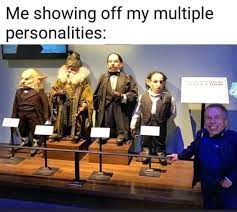 I just love Warwick Davis so this worked! I just love Warwick Davis so this worked! I wasn't sure how to best describe this one... When I was brainstorming things to post to the blog, "inspiration" came up twice. Once was finding inspiration around you, like the suncatcher mentioned in the last post. You can find inspiration everywhere once you start thinking about it as a writer. I was writing a poem in my head about a family holiday yesterday. There are people I have used as characters, places that inspired descriptions (Rosalin Chapel = King's Temple in Weapons of Espar!), or environment that inspires themes. Lance's wet visit to WaterBranch in Rydan was inspired by a trip to Tofino where it rained allllll weekend. So I captured that dampness and chill and made Lance's problem so much worse. But then there's inspiration from within. That's what this is about. Here's my theory: No one is a ONE person. Every day, we modify ourselves and our behaviours based on our circumstances. We behave like one 'character' when in the company of our crush, or when we're on the job. We might be confident when doing a presentation, yet demure when talking with friends. Our interactions with people change us dramatically. The classic one for me is that I'm highly outgoing at work. I have to be. I'm a service industry when you think about it, and I'm the boss. So I'm decisive and confident. But when I get home, I'd rather not make decisions and be in charge. I'm a leader when I have to be, but happy to follow if I don't have to. This variety within ourselves is another source of endless inspiration. A starship captain might take on the characteristics I have at work, while the shy stowaway embodies my reclusive home self. Sometimes we feel flirty (hello Shimmer!) but other times childish (Gensiana!) Taking those characteristics and amplifying them makes a new character, one you know all too well. Of course, you want your characters to be more than one trait/emotion/stereotype, but this is inspiration for you to leap off from! I believe this is why so many authors (especially those getting started) have trouble sharing their works. Whether we consciously acknowledge it or not, we put ourselves into our writing. And when writing aggressive, cruel, or downright mean characters, it's scary to wonder what those characters reveal about me. I know they aren't me, but if I can write them, do I not have the ability to become them?  This is not the suncatcher I had; it's a poorly rendered imitation I made! Sadly, the original cracked and broke. This is not the suncatcher I had; it's a poorly rendered imitation I made! Sadly, the original cracked and broke. Inspiration is a strange beast. When people ask why I write fantasy, I usually say it was because I was tired of reading stereotypical tales of chosen-one heroes and world-ending villains. That is why I write, but that is not why I wrote the World of the Tainted. The World of the Tainted was inspired by a suncatcher. My sister gave me the suncatcher when I was in high school, and she was working in the Pacific Rim National Park. On the thin plastic, a sunset shone over the silhouette of a castle. In the foreground was a house-sized dragon with a tiny long-haired rider perched on its back. This was no D&D dragon but a huge creature with a serpentine neck and enormous wings that dwarfed the woman rider. Inspired by the sun catcher, Kasha, the first woman DragonKeeper, was born. Although her story remains unfinished, her ancestor Sair told me the tale found in Dragon's Voice, and her grandson Cairon worked hard in Dragon's Talon and SoulBurner to undo the damage Kasha failed to prevent. The Kingdom of Espar expanded into the World of the Tainted, other races making themselves known. I learned of the fall of the Lionian Sovereignty. I discovered the founding of Espar and the brigand King who lied his way into power (hint; his books are now a six-book series). I followed the last wizard from his end to his return. Dozens of stories and hundreds of characters came into existance all because of a suncatcher. Anything can inspire. It follows that everything is inspiring. With the right perspective, we can take the smallest things and make them into great ideas. It's not a passive process, though. It's not about being inspired. It's about seeking inspiration. It's everywhere. You just need to look. 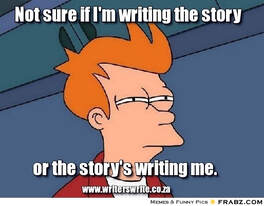 Because it came up in the last blog, I decided it was high time I did a little PSA about these terms. All professions have their lingo. This happens to be one for authors! Pantser vs. Plotter. Before we get too far in, know that I'll mention two variants on this at the end. But to get us started, these are the main two styles of writing. In my experience, few people are exclusively one or the other, although it's evident that some people lean heavily toward one. I am an admitted pantser. So what does that mean? Does it matter? And is it a good thing or not? Pantser: Pantsers "fly by the seat of their pants," which is where the term comes from. With pantsers, there is no large plan. They start somewhere and go forward, discovering the story as it is written. Pro: You have full creative flexibility. With nothing set in stone, you can go anywhere with the writing, and there is a definite "high" to writing like this, as if you are reading a book that no one else has ever read. My favourite is having a moment when multiple factors I didn't know click together perfectly. I'm not sure if it's the subconscious at work in the background or just creative manipulations, but I LOVE finding those unplanned but perfect moments. Cons: Revisions. If you don't know where you are going, plot points or world-building often need adjusting after finishing, requiring extensive edits. Also, getting stuck in the soggy middle happens more with pantsers because they don't have a map out of it; it's harder to finish if you don't know the ending. I'm pretty sure the vast majority of new writers start with pantsing, whether they know what it is called or not. It's how we read stories, so it makes sense that it's how we default to writing them. But I've seen many academic writers going to fiction that outline from the start. They probably have an advantage in some ways. Plotter: Plotters plot and plan their story. The most obvious way of doing that is an outline, where each chapter is laid out at least in part, but it can mean in one's head or on flashcards or whatever. The detail of the outline or planning varies. Some people have each scene listed with their date, point of view, and main plot points, all written out long before they write the first sentence. Some people have just the scenes listed or the main plot points and how they connect. Pro: You can hit the ground running. As soon as you're ready, you have a map to follow through the story and won't get caught up in large plot holes (as you've already sorted those out). You'll be through the book without as much risk of writer's block. Also, there are fewer revisions required! Con: It's time-consuming, and some people will get so bogged down in outlining that they don't get to the writing. Or maybe once you start writing, it doesn't go as planned, and you must redo the outline. Sticking to a flawed outline or forcing a story to follow one can make for bad writing and bad books! This is where most professional authors, especially those on deadlines, end up. It's more efficient at getting your book into the editor's hands instead of needing significant rewrites! You might come across two other "styles": Quilter and Plantser. Quilters Quilters write multiple parts of the story, like the start, the end, a few bits in the middle, or all the side plot scenes and one finale. Then they weave or stitch all the scenes together and produce the final product. It's not a popular style as it requires a special kind of brain or a special kind of story. If you have several separate stories that had to then coincide, it might work well, but continuity would be tricky with this style for most stories. Plantser: This is what happens when people don't want to settle in the box; they want to be both plotter and pantser. So they call themselves plantser, and while I know some people genuinely are in the middle between the two, mostly I see this used when people just don't know yet where they fall. Plotters will pants parts of their story (that's the "creative" part of creative writing). And a lot of pantsers will plot their way out of a bind if needed (because if they don't, they can't move on!) So I don't know if we need a term for this, but it's out there. There. Now that's a thing you know. Which style suits you better? Can you tell what type an author is based on their book? 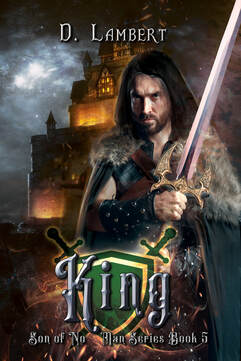 Shiny new cover for the next book!!! Shiny new cover for the next book!!! Spoiler… maybe. I'll try not to give any details to give it away, but Esparan's been out for a while, so let's talk about messing with expectations! I am a pantster; that means I write "by the seat of my pants." Wait… have we never done a blog about Pantster vs. Plotter? I'll have to do that soon! Anyway, how I write means I don't know where the story is going until it gets there. When I wrote Esparan, it was straightforward: march up, kill the traitor, and done. But it was just too easy (not to mention too short!!). As I sought a way to flush it out, Rakhund came to existence. But he wasn't enough. I followed with Grigson and then, for fun, buffed up Prince Marfaie too. Terant was already there, kicking Kitable's a$$. So I had a team facing Tohmas now, not just Marfaie and his wizard! I won't give away names or plot points, but the main thing I loved about these extra characters was the variety. Rakhund was a mystery that slowly unraveled; magic, but not a wizard. Did you figure out the answer before it was fully revealed? Grigson was subtle, the perfect opposite of Tohmas' brute force, sneaking in dissension and misdirection throughout. Terant was a match for Kitable, and he shows it here, giving Kitable a run for his money in direct conflict more than once. Man, I loved dispelling Kitable and dropping him into a bag of flour from five feet in the air! His later interactions with Shimmer were some of my favourites in the entire series. Showing off his battle wounds indeed! And then Marfaie, the true power behind the war. I'd initially seen a bitter man bent on revenge, a very one-dimensional character. But he proved me so very wrong! He had to be Tohmas' match at the end of the story, so his character grew and evolved until he actually beat Tohmas and Carsh at their own game. With each character, I set up an expectation. Grigson was a spy character, Rakhund a wizard. Marfaie was a prince. Or were they? I once played a tabletop RPG with someone who had a character with a suit of armour that could change its appearance. They made that plate mail armour look like wizard robes and specialized in quarterstaff as their weapon. Imagine the fun as the enemy thinks they are facing a wizard and gets pummelled in close combat instead! Because people do assume based on appearances. We communicate with our appearance, but we can deceive as well. We mislead our characters and our readers too! My characters expected certain things from those characters. They were wrong. My readers expected certain things would happen to those characters. Maybe they were wrong too. Did anyone expect what happened to Grigson? That's what makes it so much fun! It's weird, but we writers enjoy torturing our characters. Given a chance, I'm knocking SoulBurner out of Tohmas' grip, breaking Carsh's arm, dispelling Kitable, breaking Lance's heart, driving Tril mad, etc. And that's just in one book! The best way I can do that is to ensure I'm not being predictable. I hope at least one conflict took you by surprise in Esparan! If you're looking for some free ebooks this season, the group promos are below. First one is REVIEW copies (so free but you got to leave a review online) and the rest are free with newsletter sign ups or similar! Enjoy AND HAPPY HOLIDAYS! Yes, it's out, and Esparan's rocking it! I got some awesome 5-star reviews up, and I'm tickled pink! Remember to leave your review (5-star or not!) These help authors SO MUCH. I've also included the freebies of the month at the bottom; get them before November!
Meantime, I got sick. Not COVID, just a nasty cold that made me sleep for a few days. I'm back at it now in time to hit up the Surrey International Writing Conference this weekend, so YAY! And my little one is better, too, so I don't have to feel guilty about leaving Daddy to solo a sickie! But it got me thinking; when do I read about colds in writing? Usually, if they are a plot point! If the character is stuffed up, but the villain is about to use some kind of aerosol; or if the person is dying of a chronic illness and has to come to terms with it; or the plague is moving through, changing their society, then you'll find disease in the story. Characters don't just get sick, get over it, and move on without it being relevant. Characters don't do many things unless there's a point to it. They don't go to the bathroom, burn dinner, or forget their glasses one day, unless some part of the story needs them to, whether to make a plot work or build a character. And we judge these details quickly in books, assuming that each is important. Douglas Adams pointed this out in the Hitchhiker's Guide series; that his main character Arthur Dent didn't do a lot of things 'on screen' as it were. And he had a point. I used to laugh about how few bathrooms were on the map of the USS Enterprise, and no one ever seemed to have to take a break! (some harder core fans will probably correct me!) That's probably for the best. A book that just emulated everyday life wouldn't be entertaining. And I'd get frustrated reading about tiny details that are irrelevant anyway. But I might put in a common cold at some point. Seeing how people behave when they are sick adds to a character! It's just not a detail I'd thought about much until now! Stay healthy out there! I had a great time at teh Sooke Fall Fair, although it was a brief time! Chasing around a nearly-two year old meant it was a blitz! But the kid's baking and lego won some ribbons and I got a few first places for my stories (plus one third!). Since I don't know what else to do with this one, I'm sharing it here! It's not my usual MO, since it's a wholesome family story with a slight magical twist but enjoy! The Best Pumpkin Patch Mr Weisman lived next door, a wizened old man with a long beard and oversized nose. He was often seen in his bathrobe and slippers as he shuffled around his vibrant garden filled with wrapping vines and tangled bushes.
On occasion, he slipped Bobby seeds from his garden. Bobby planted them in sidewalk cracks and beside roadways. No matter how thin the soil, the tiny flowers grew in purples and pinks, blues and yellows, providing colourful flashes in a grey landscape. One year, Mr Weisman gave Bobby pumpkin seeds. "They need good soil. Like a vegetable patch." The vegetable patch in their yard exclusively belonged to Bobby's mother. Bobby could play anywhere else but was forbidden from entering the garden except when sent to retrieve a dinner item from the meticulous rows. Every vegetable had its place, year after year. Each row was planned, scheduled, and maintained. There was no space allotted for pumpkins. Bobby tucked his seeds through the back fence of the vegetable patch that night. The first green sprout appeared a week later. Bobby listened from his high window as Mother cursed the little green leaf and pulled it. Her brow creased in irritation, then she glanced over her shoulder where Mr Weisman's amazing garden reached up his fence and house, the passionfruit flowers climbing vivid butterfly bushes and decorated by red ivy. She tossed the vine into her basket and went back to her hoeing. The next day, the sprout had returned, twice as long. Losing no time, she pulled it out, reefing until the root gave. Satisfied, she tossed it into her basket, brushed the dirt from her flower-patterned gloves, and nodded firmly before returning to her immaculate rows. The next day, the back fence of the garden patch was covered with lush, green vines and umbrella-like leaves. Already there were two green gourds forming. Mother attacked it with her hoe, cutting and tearing until every scrap of the greenery had been found and removed. She shoved her curls back under her handkerchief on her head, smearing dirt on her cheek as she recovered. The rows of carrots and beets were not weeded that day. By morning, it had all returned. Now four pumpkin were hidden along the fence, each showing orange. She marched down like a soldier heading to war, trimmers and rake over her shoulder, kicking her weeding basket ahead of her. Bobby met her on the path, staring up at her with wide, pleading eyes. "Can we have pumpkins this year? I want to learn how to grow them!" Mother shook her head. "We don't need pumpkins. They're useless!" she told Bobby. Every vegetable in her garden had a purpose: peas for summer snacking, carrots for dipping in humus, beets and spinach for stew, lettuce for summer salads… "But they make nice jack-o-lanterns," Bobby replied so quietly, she could hardly hear him. Her frustration went out in an instant. She swept her eyes over the vines and leaves that had taken over the back half of her garden patch. Then her eyes fell back on her son. "You planted this?" she asked. Bobby nodded mutedly. She slowly lowered her rake. "You want pumpkins?" Bobby shyly smiled and nodded. She let out a breath and put down her trimmers. "Ok. Let's see what grows." That year, the pumpkins came in bigger than any seen in Sooke before. Bobby chose the largest for his jack-o-lantern, so big he had to climb in to finish scooping it out. He made sure Mr Weisman got his share of the roasted pumpkin seeds. 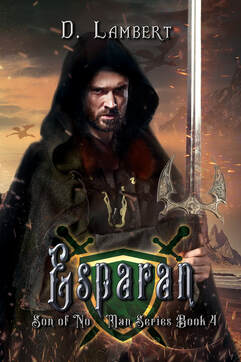 My favourite cover to date from this series! My favourite cover to date from this series! Last call for pre-orders, because the fourth book in the Son of No Man goes live OCTOBER 1st! Check out ESPARAN here to follow the founding of a kingdom the old-fashioned way; by the sword. ARC readers; if you didn't get your copy, let me know! Oh! and I JUST sent in the manuscript for KING, the next instalment! Coming soon! And promotions are at the bottom of the page! Meantime, I had a Facebook post from the Victoria Creative Writing Group inspire this post. The post was this video. The amazing moment when you put your foot in your mouth and undermine whatever it was you were saying by not knowing or using a word correctly. Words matter. This was good timing since I was editing, which means I used Grammarly again. I have a love-hate relationship with Grammarly. While I appreciate what it catches, there are some things it never gets right. For one, its 'suggestions' for alternatives are often laughable. Before is not the same as When in a sentence you doggone AI. They are different timings! And I know you don't like words like 'obvious,' and you keep wanting me to change it to 'apparent,' but if I did that all the time, it would be weird. And they don't mean the same thing! There is a difference between being unknown and not being known. Weird! But the big one I flip by instantly is the "Knowledgeable audience" comments about vocabulary. What happens with these is that it has an idea of how smart we are or, perhaps, how smart we aren't! So it suggests that words "a knowledgeable audience might not know" are removed and replaced. Basically, dumb it down. I ignore it every time. Why? One, because this is an adult book, I don't need to write for a child. Two, because reading is a massive part of how we grow our vocabulary, and if everyone dumbed it down, it would castrate the language. I've heard people suggest we should all aim for the lowest reading level in our writing, and I think that's what Grammarly is trying to do. And I understand their argument. I want my book to be accessible too! I don't want to scare people off by putting in "big" words that might (shock!) make them think or look it up! But I also don't want to dumb it down. If the correct term was Ricochet, I will put that in. Same for Groused, Deferential, or Thunderous. And yes, I'll use Phosphoresces (once only!) because it's a spectacular word, and it fits the glow of a wizard's light! And maybe someone will look it up. Apparently, most popular books run Grade 7-9 reading level. For fun, there's an app called Hemingway Editor, and you can find it here. https://hemingwayapp.com It does a similar job as Grammarly but mostly looks for complicated (or not complicated) sentences to help guide people to a target writing level. I put my work in sometimes to check out where I'm landing. Mostly, I write at a Grade 6 reading level. Sometimes, a chapter or two will drop to Grade 5 or rise to 7. But often, it's Grade 6, and I think that's ok. I don't need to be college-level. I want it accessible but also a bit more challenging! I admit that some of the words on the list Grammarly thought a "Knowledgeable audience" wouldn't know were embarrassing. It included Hushed, Flinch, Irate, Shaggy, Muddled, Ladle (it's not a spoon!!), and Tinder. So I took to writing the words down, and I've included the entire list below. I didn't change them unless they were in error; every one of these show up in the submitted manuscript for Book 5 (King). I was shocked by how long the list became. We need these words! Keep using these words! If you don't know them, look them up! Then use them and impress your friends. Although, I'm not really sure how impressive Perceptive or Tizzy is! Without further ado: the words I used that Grammarly thinks a knowledgeable audience might not know: |
D. Lambert, authorFantasy novels that entice, inspire, and entertain. Archives
May 2024
Categories |
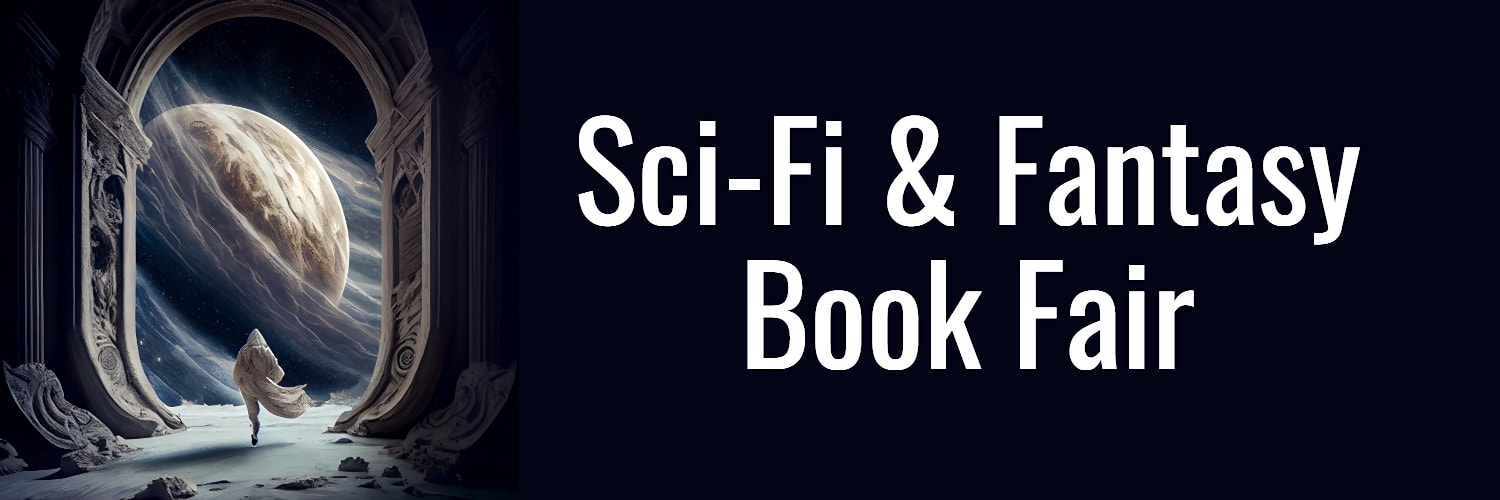
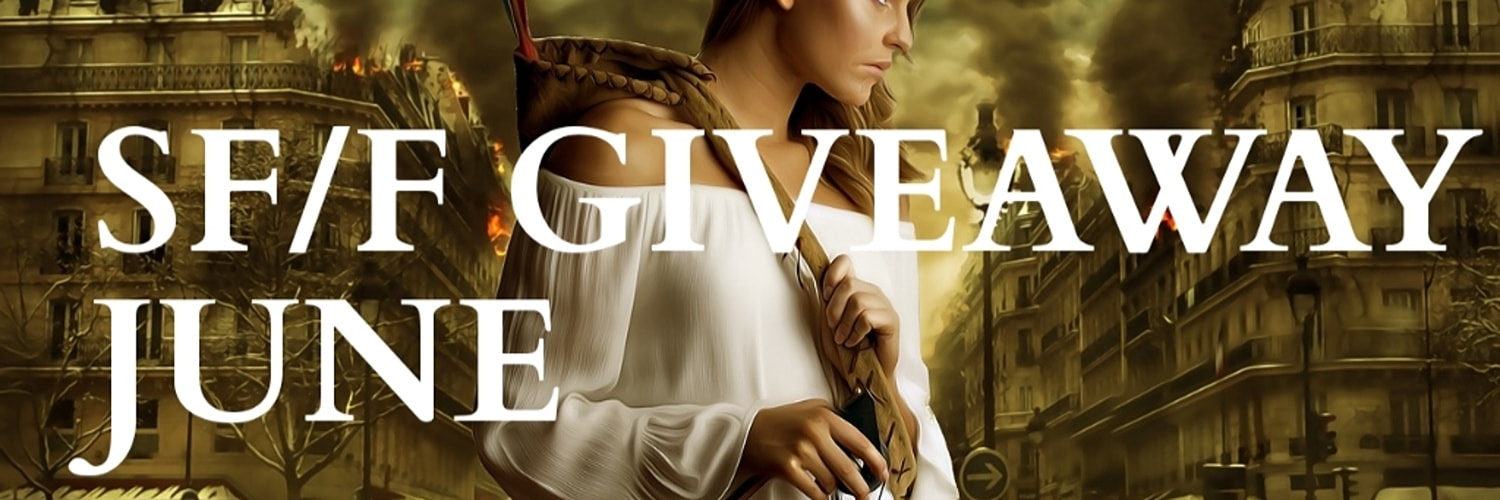
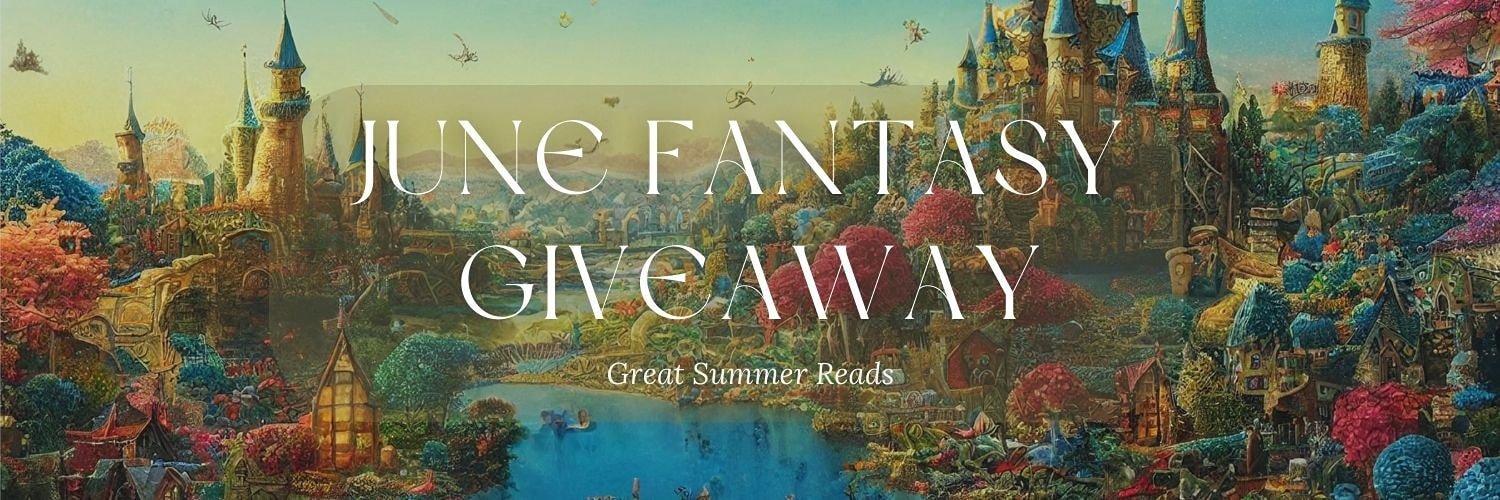
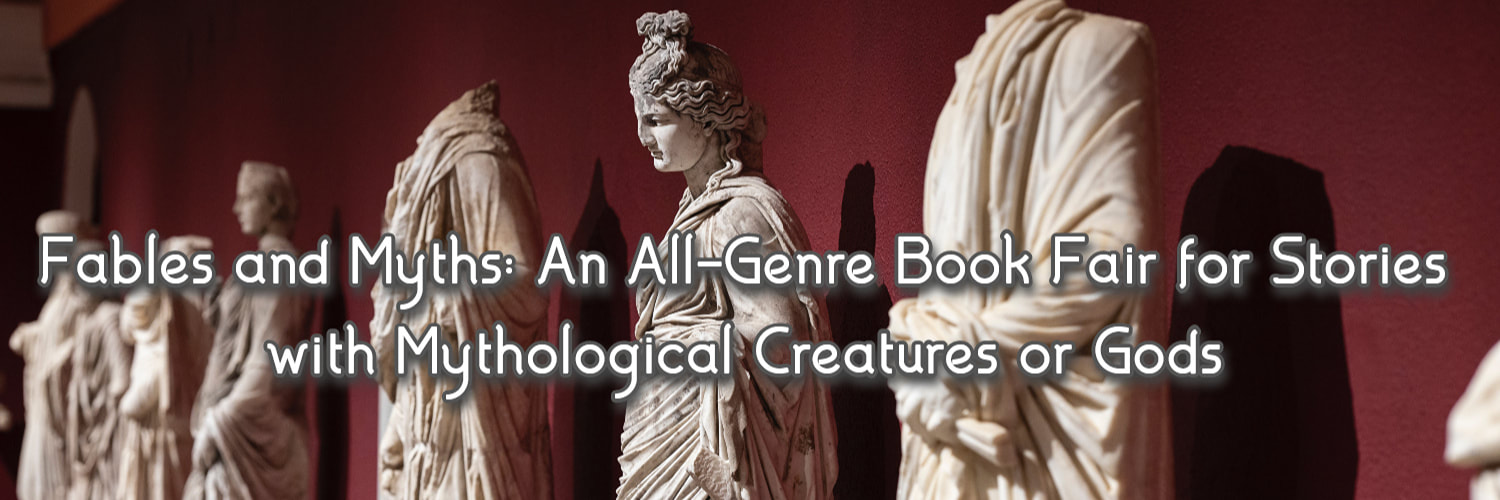

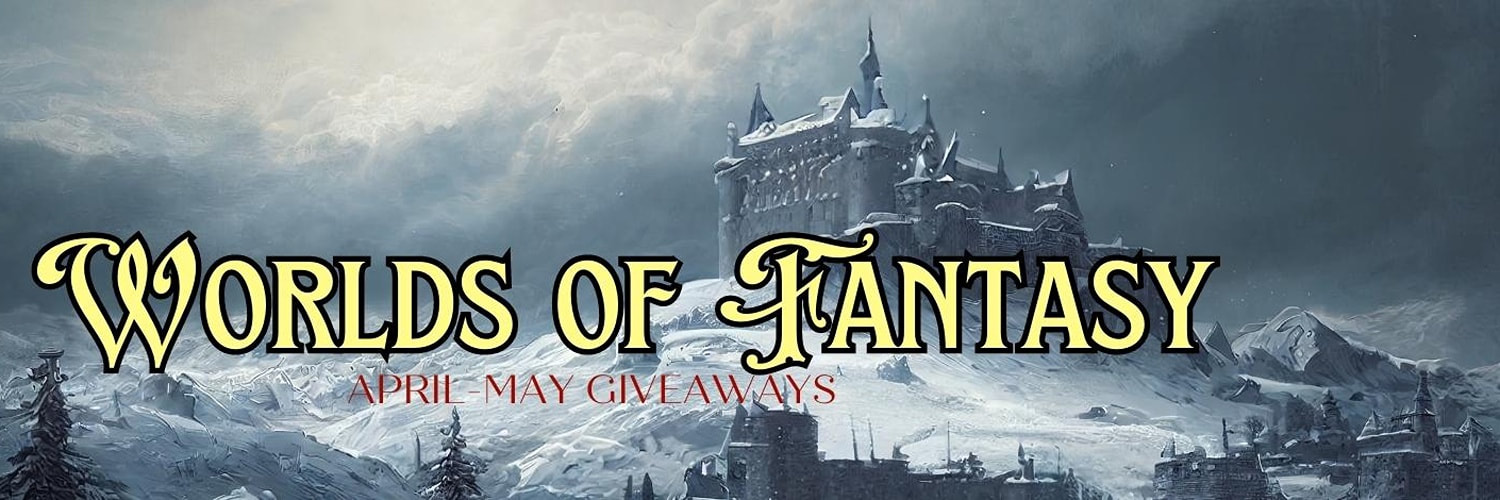

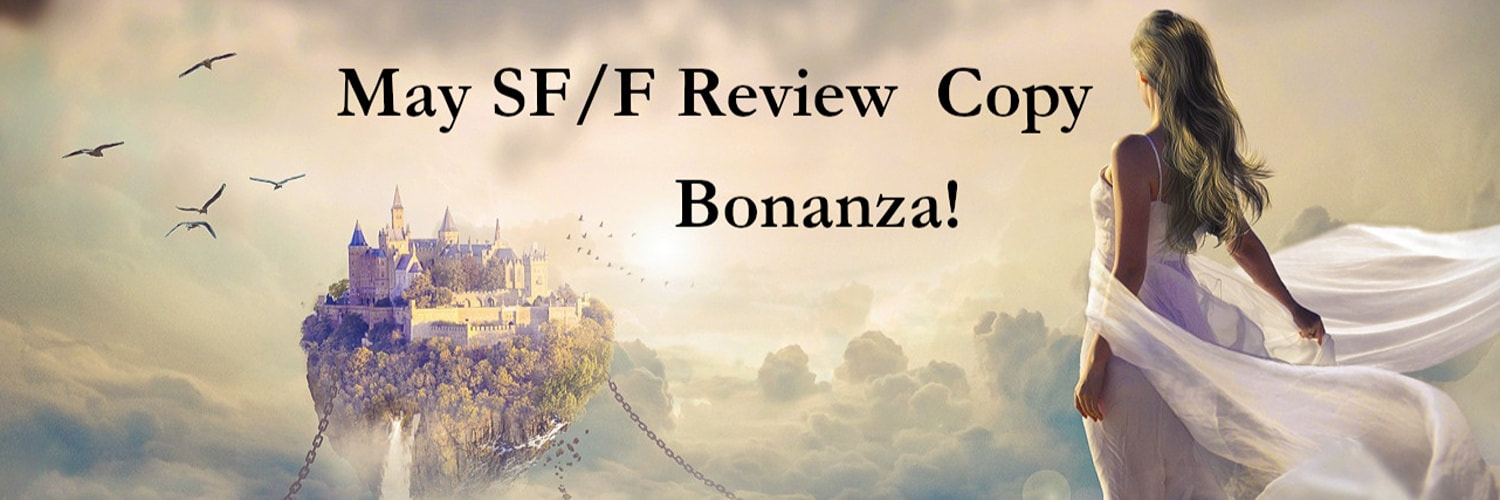
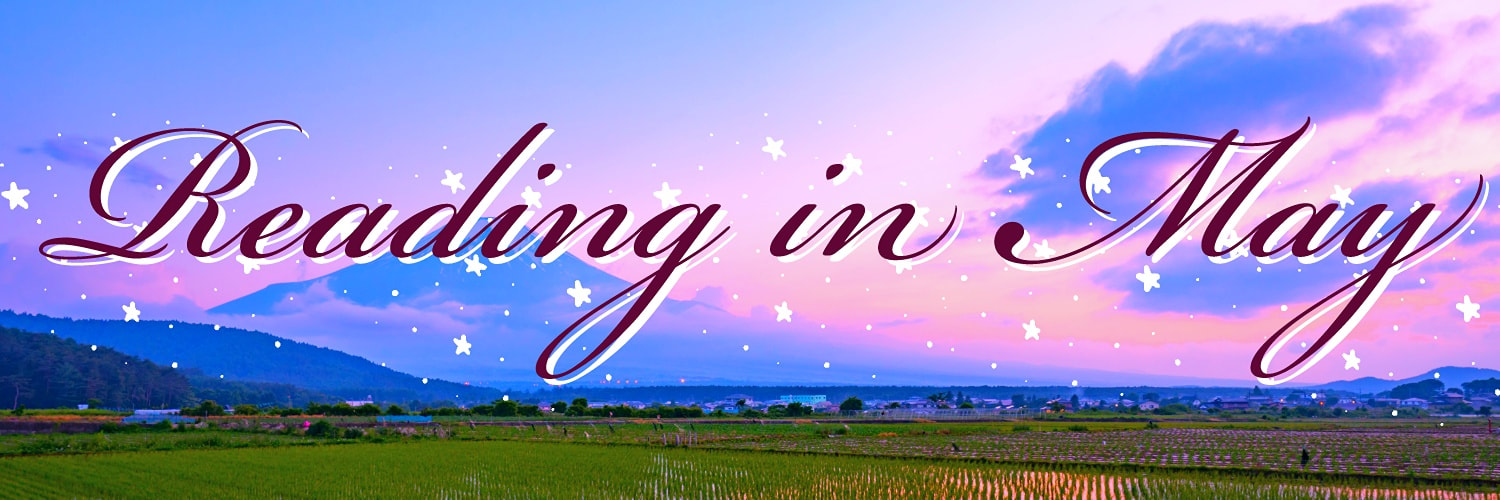
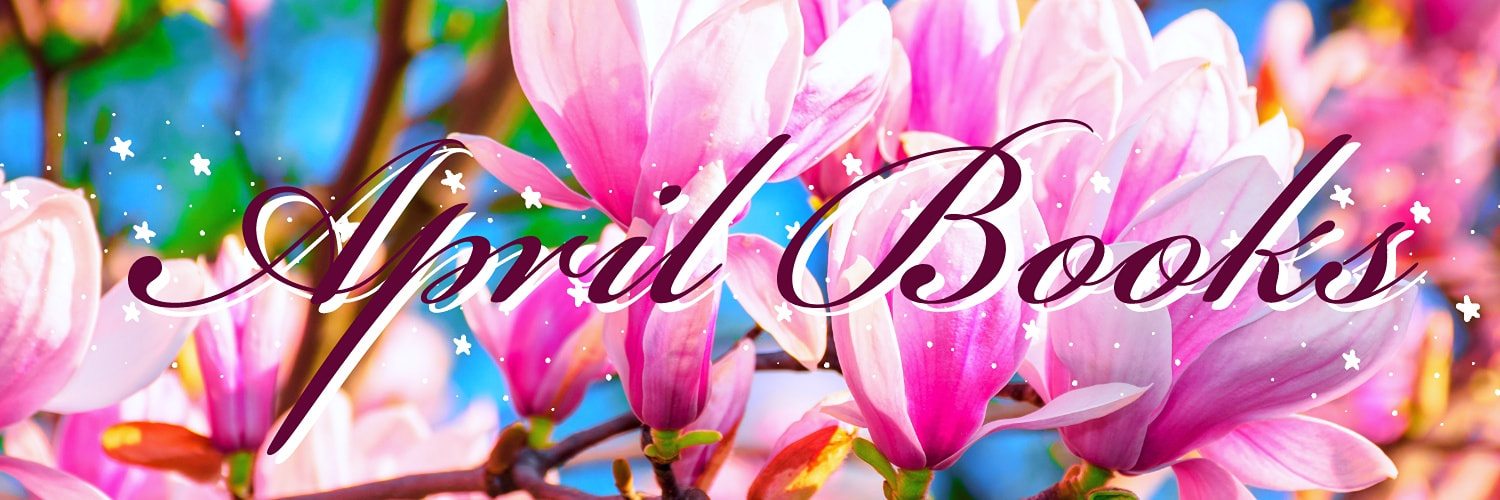
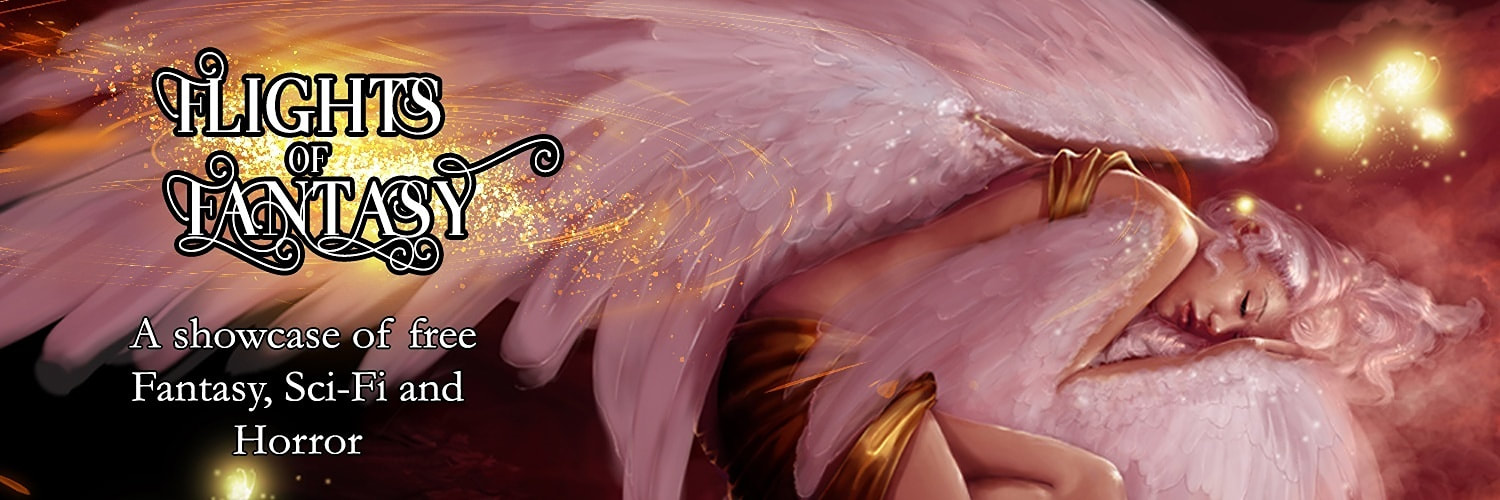
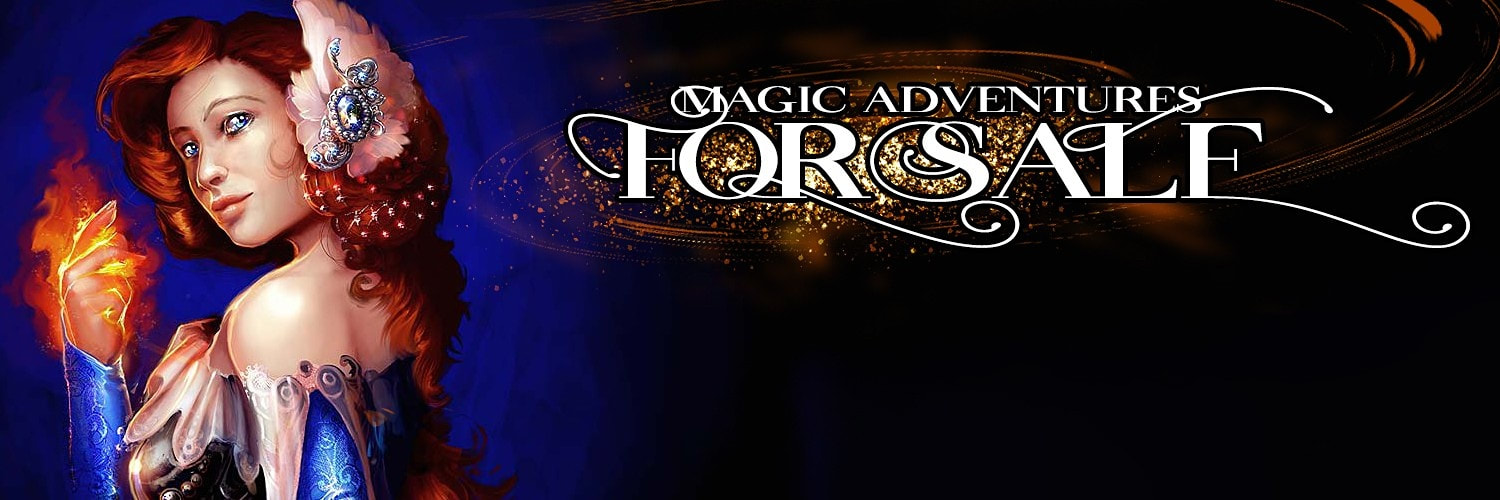
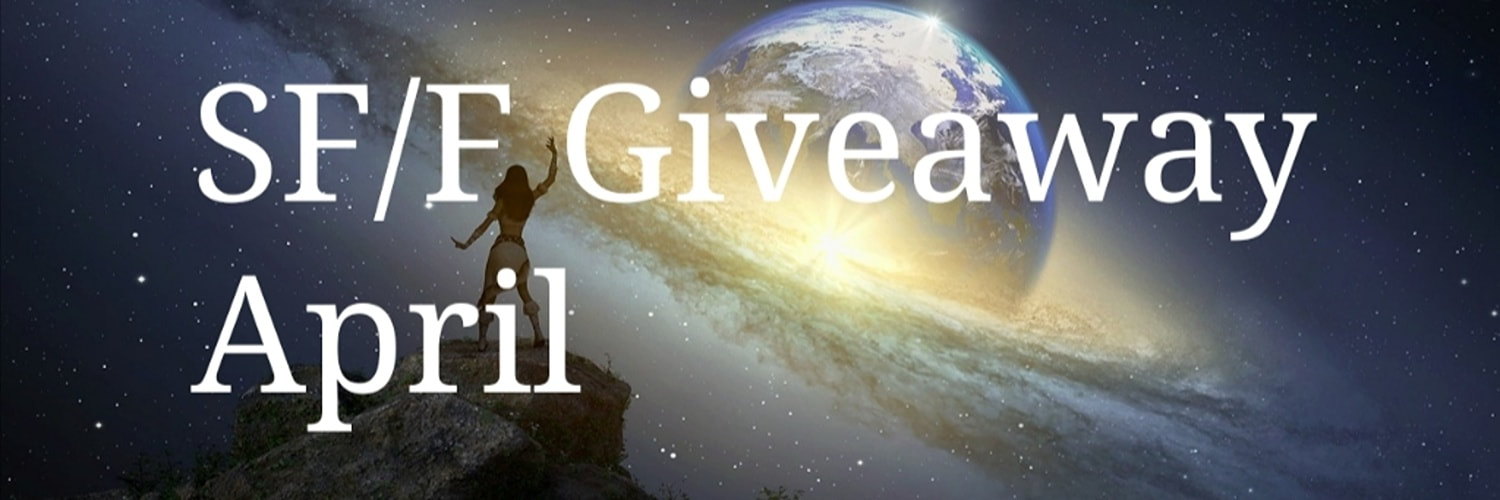
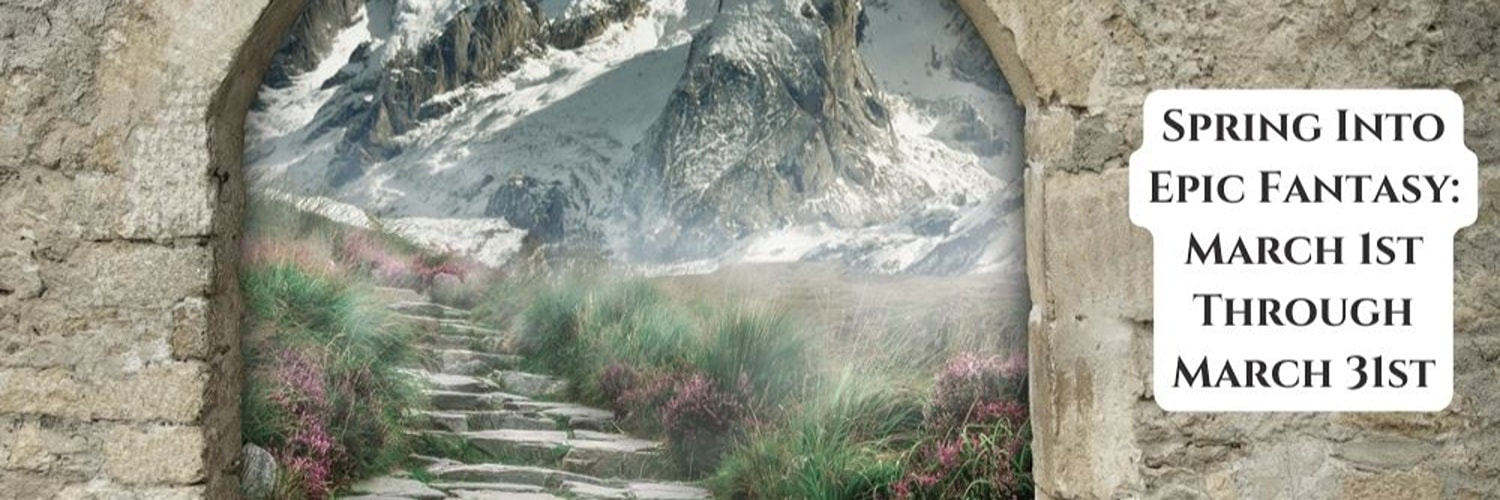

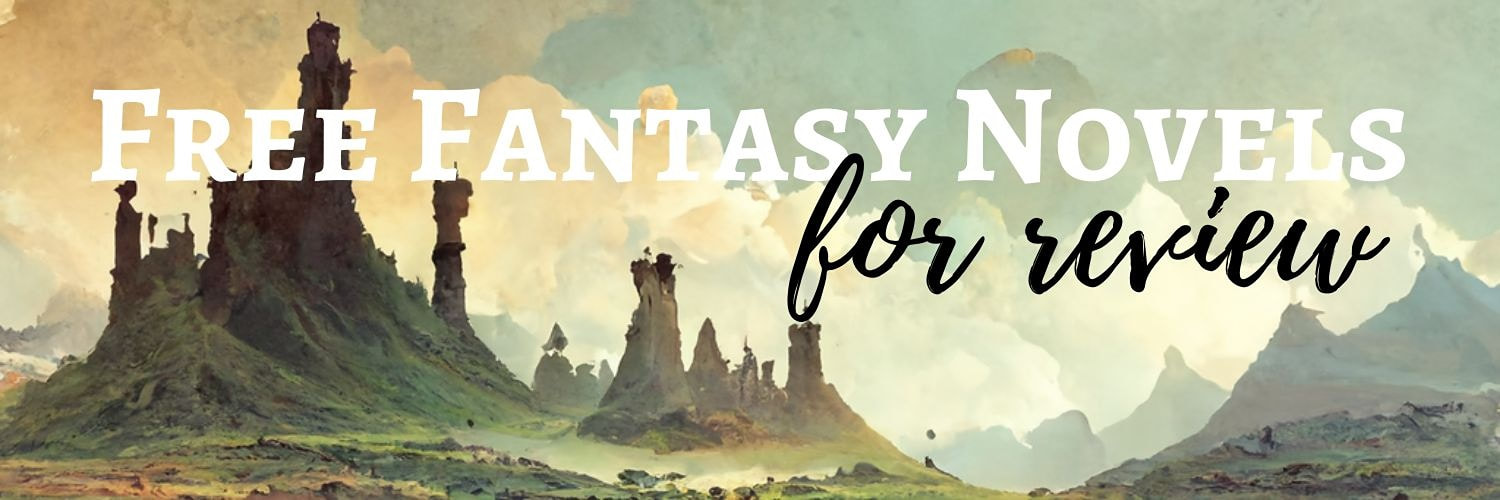
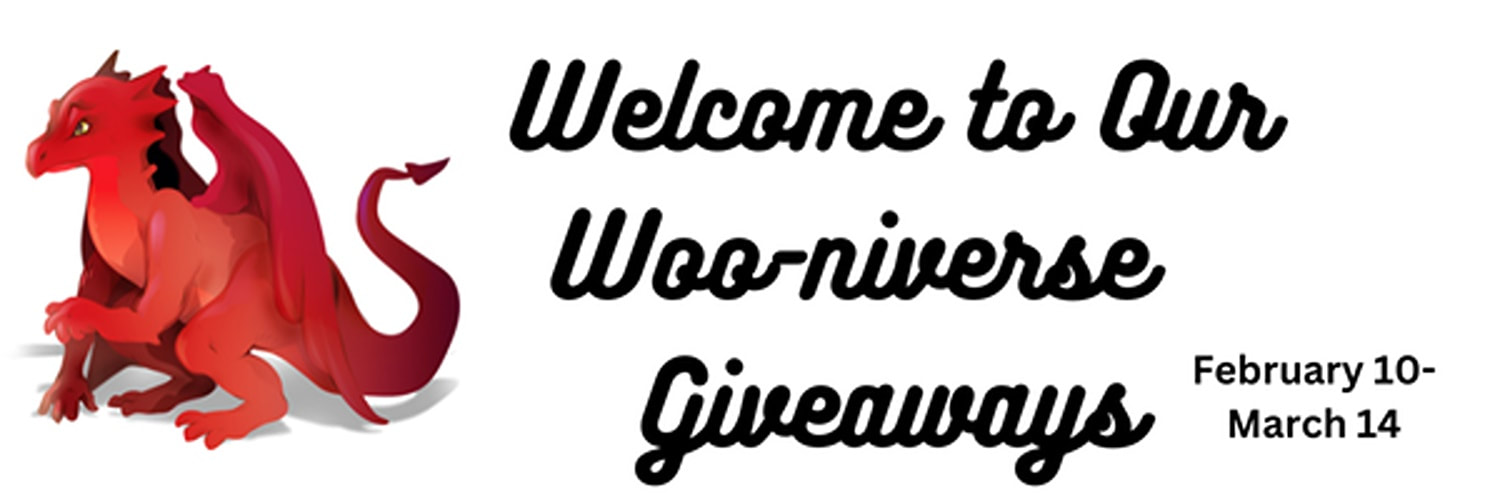
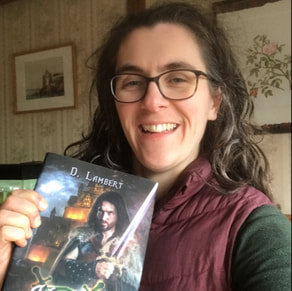
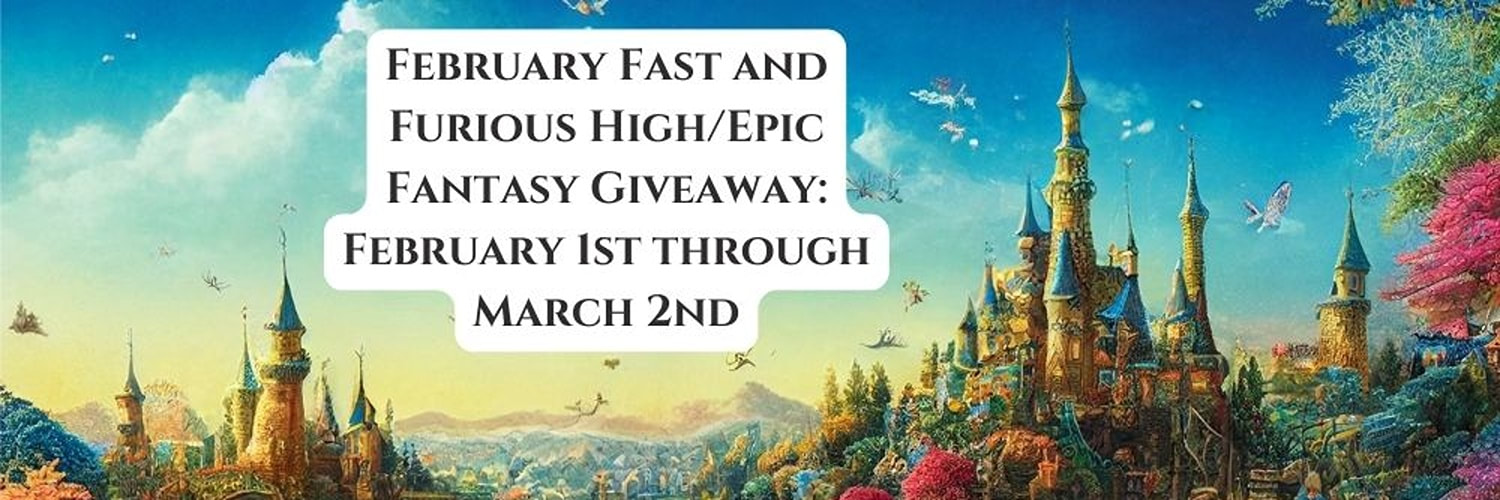
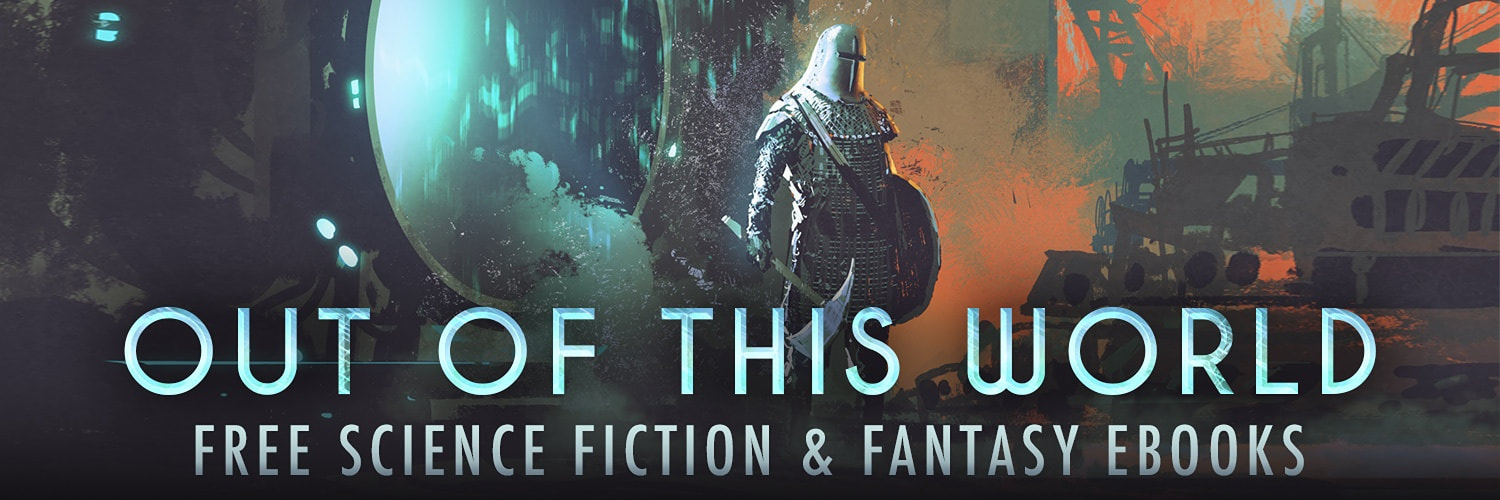
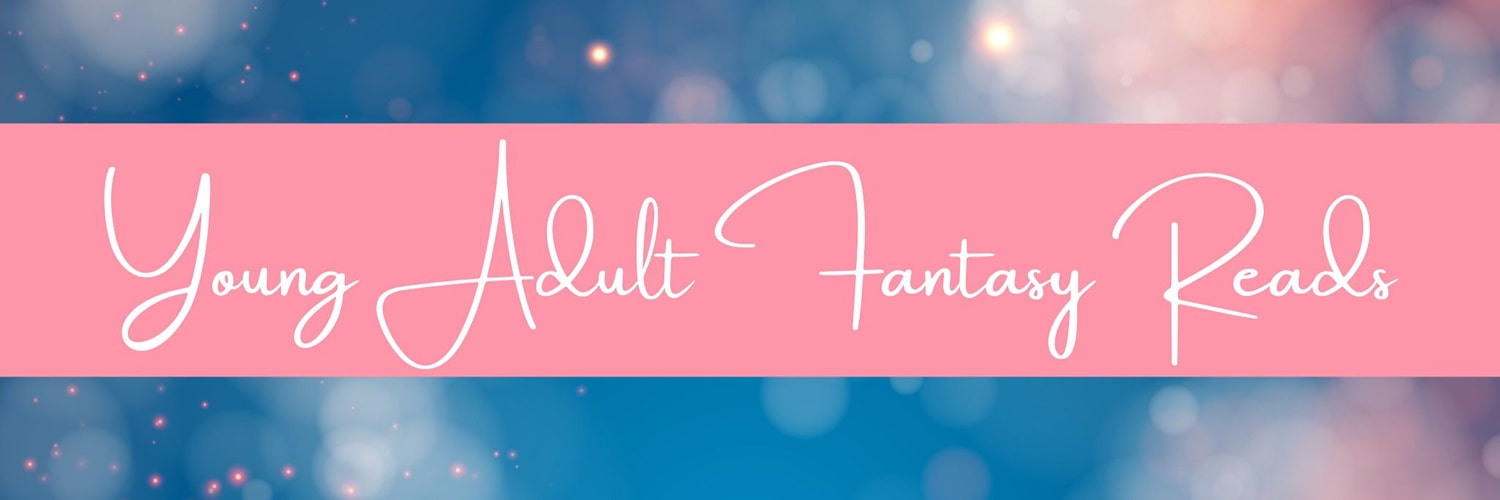
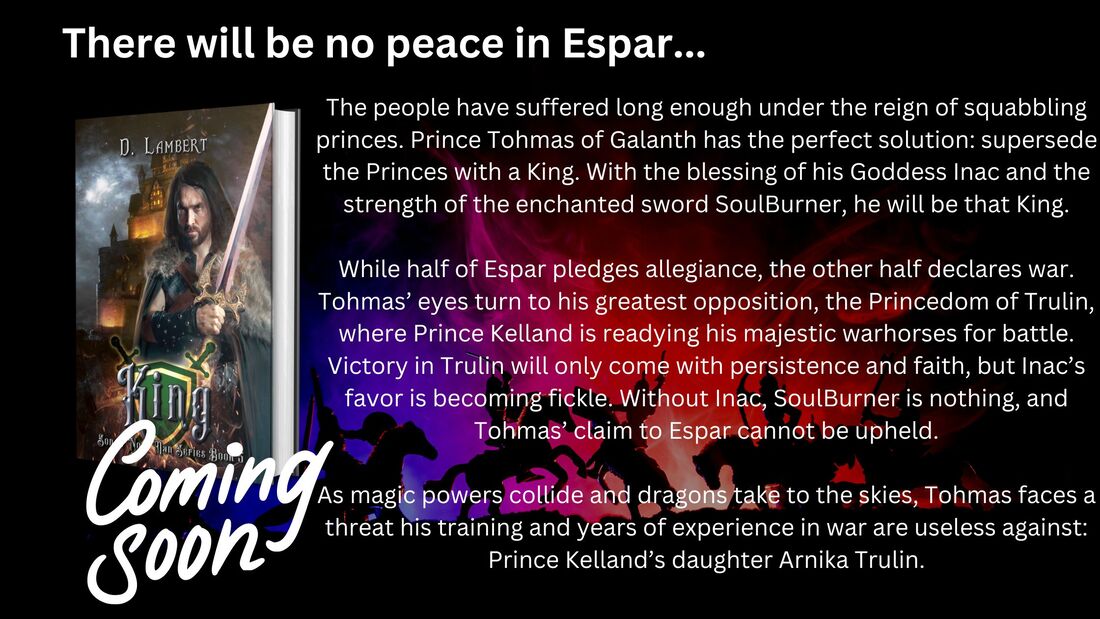
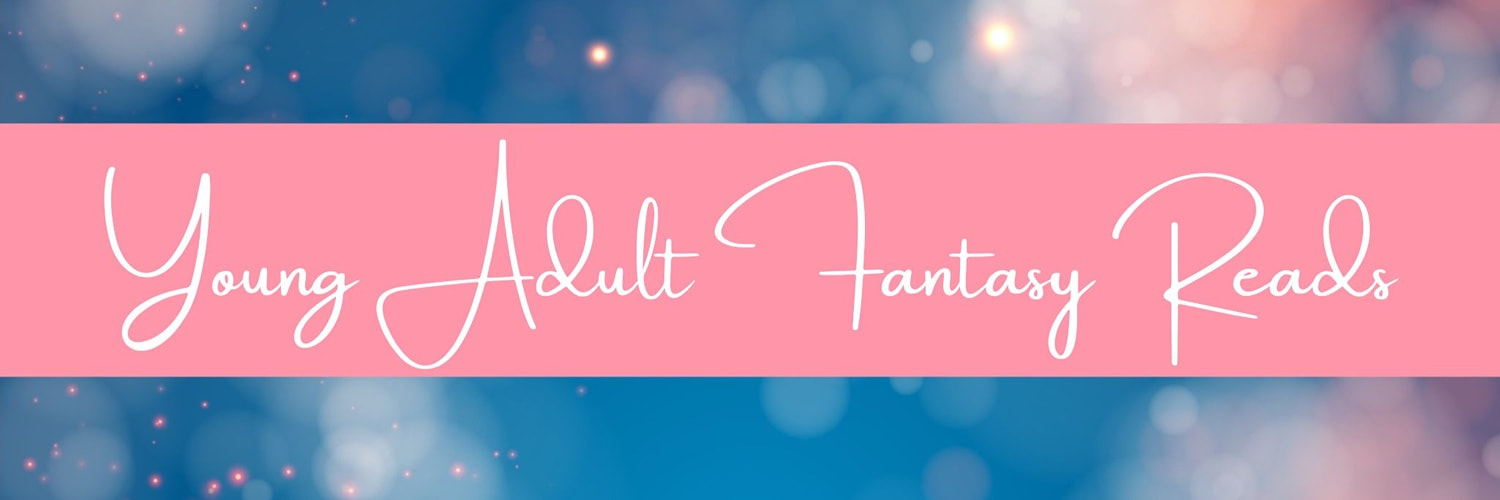
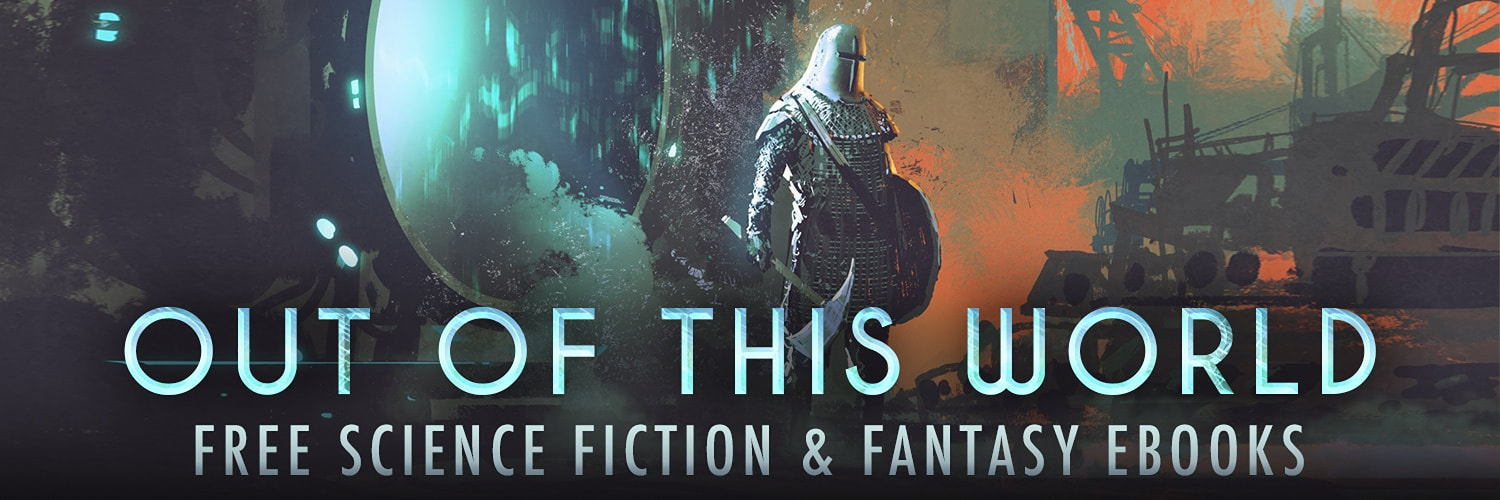
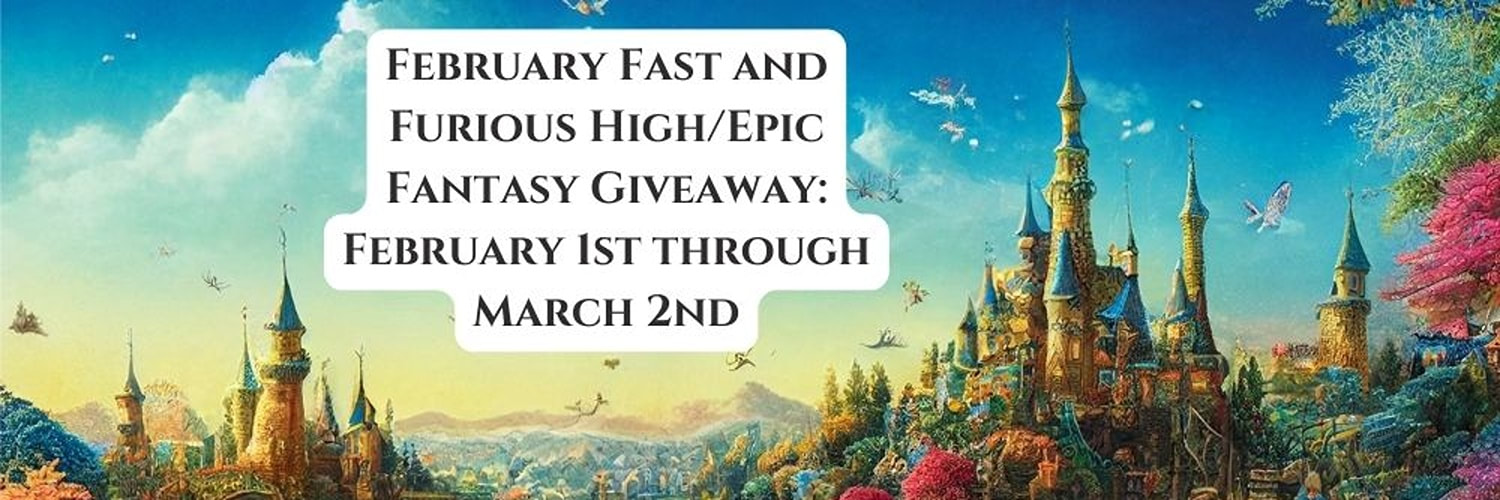
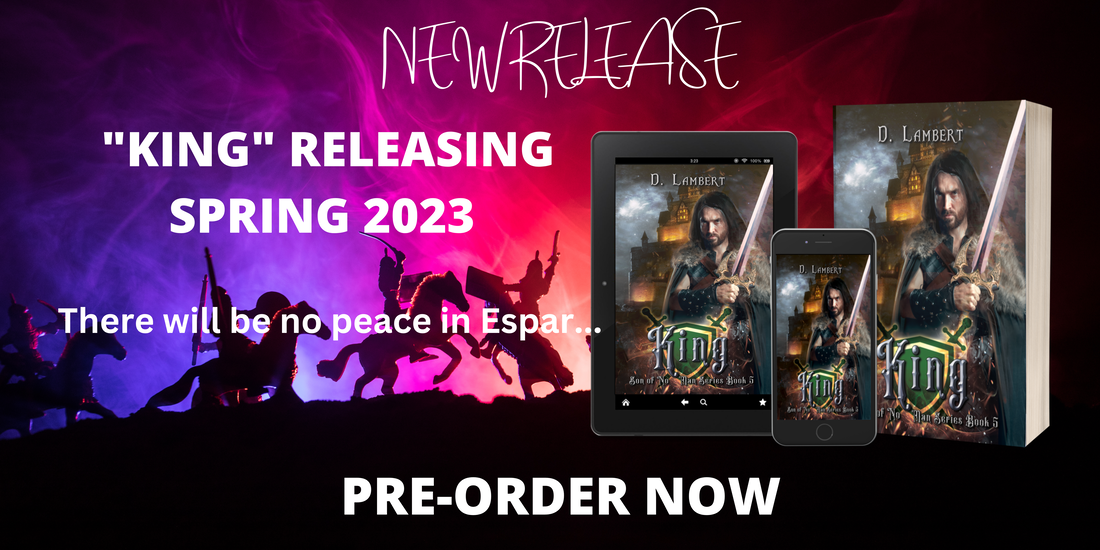
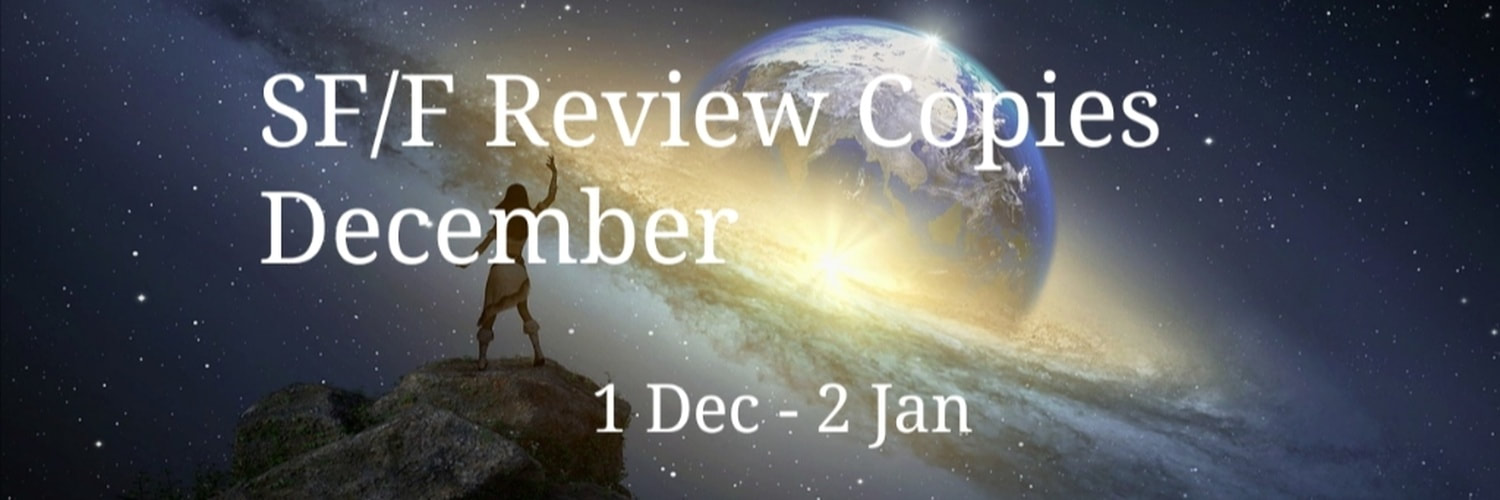
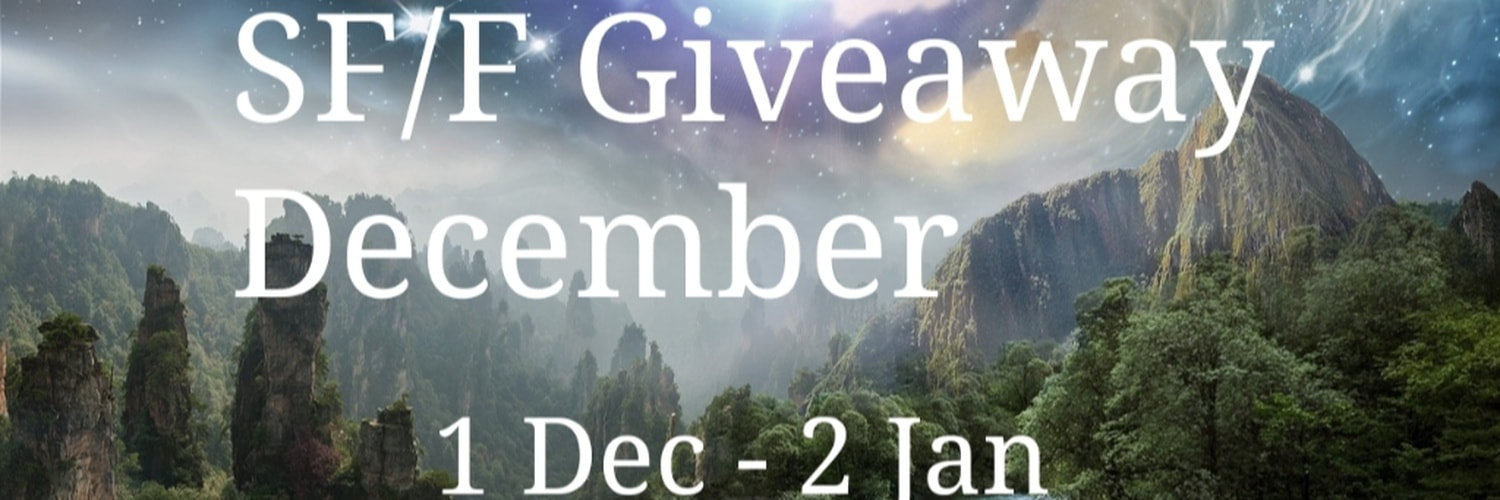
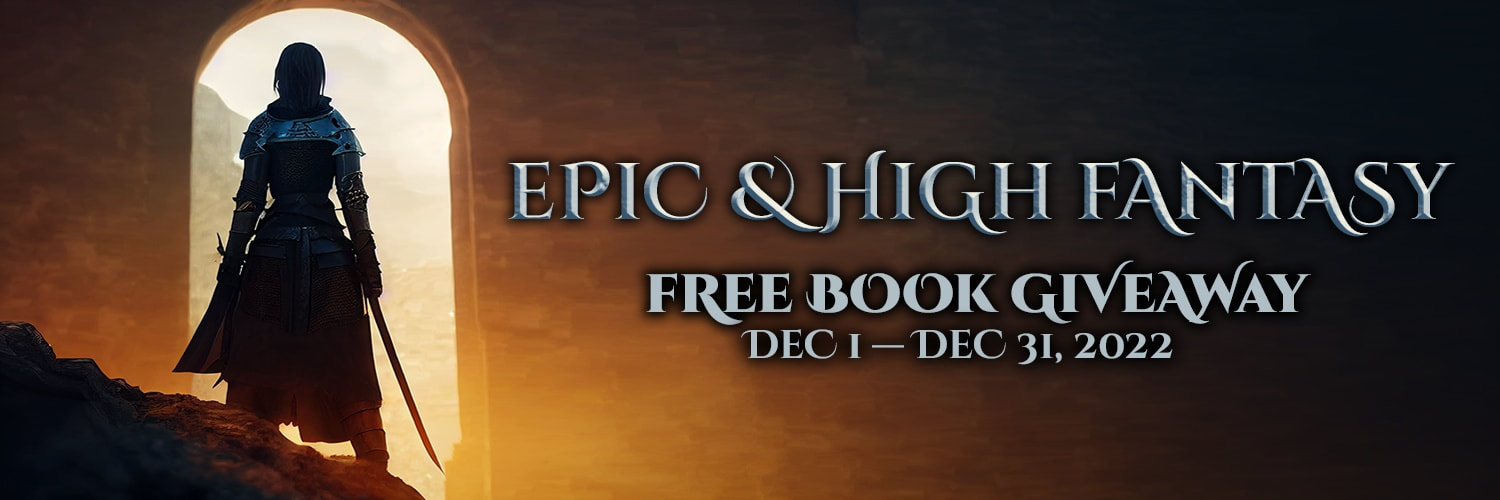
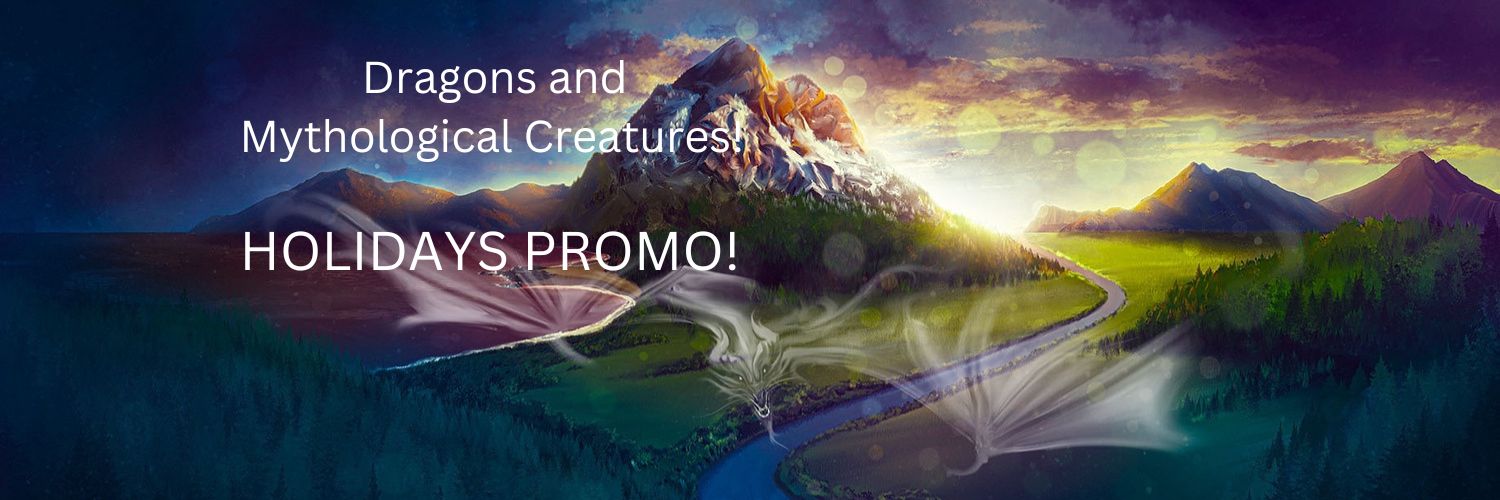
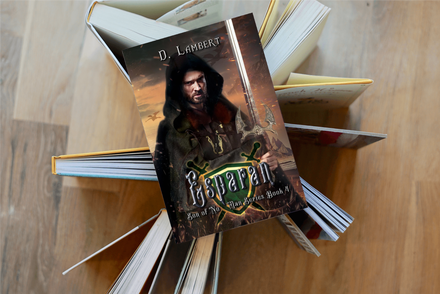
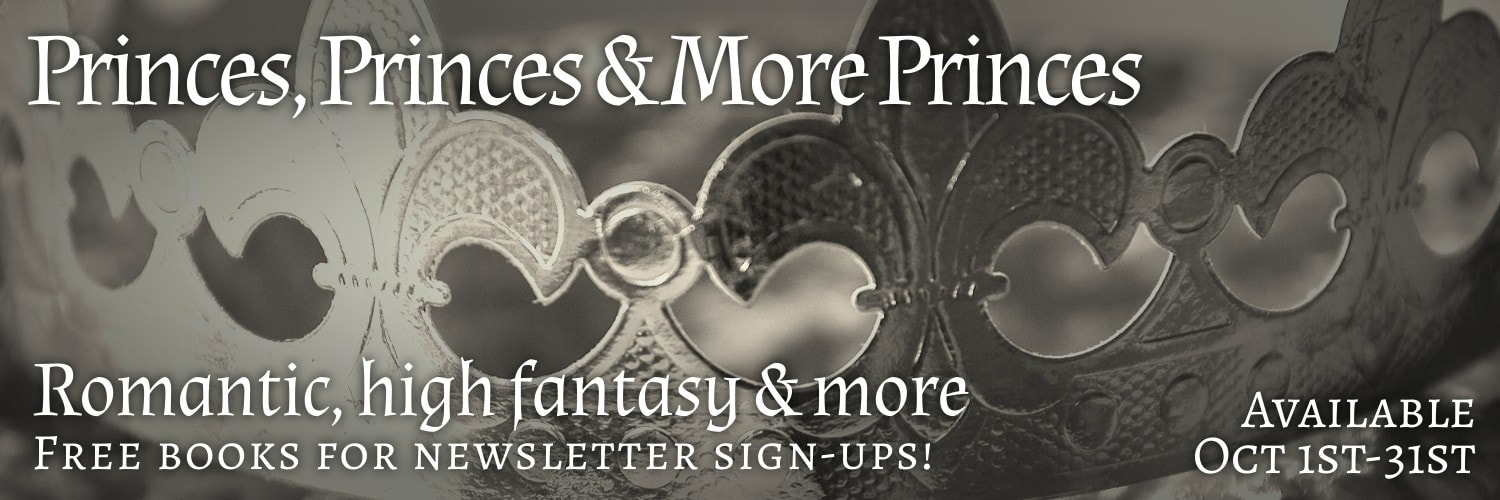



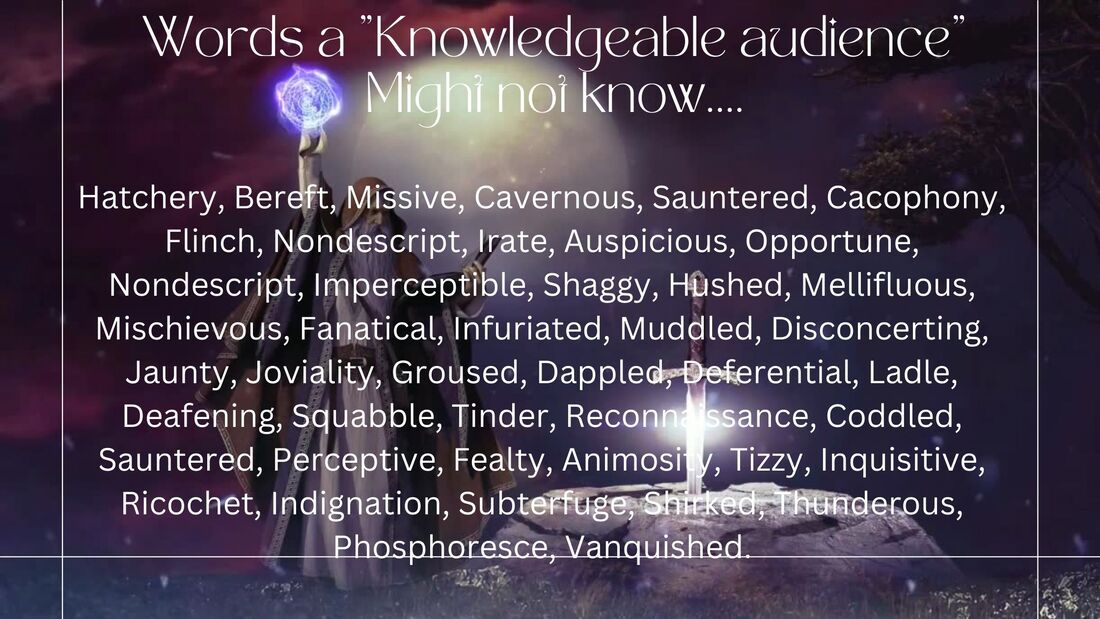
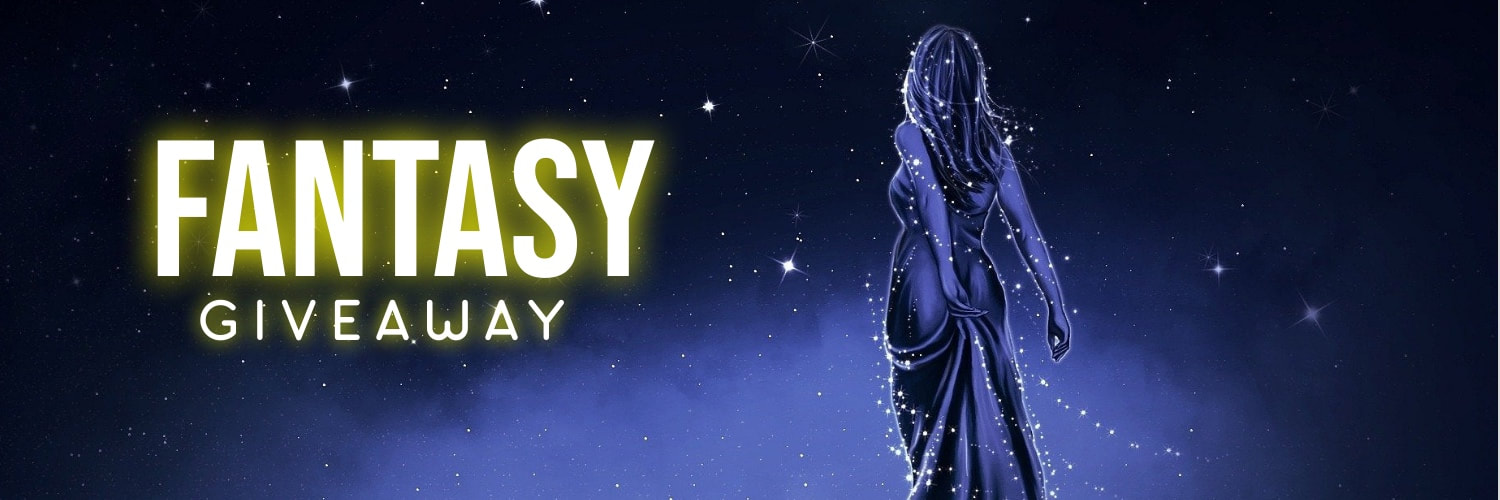
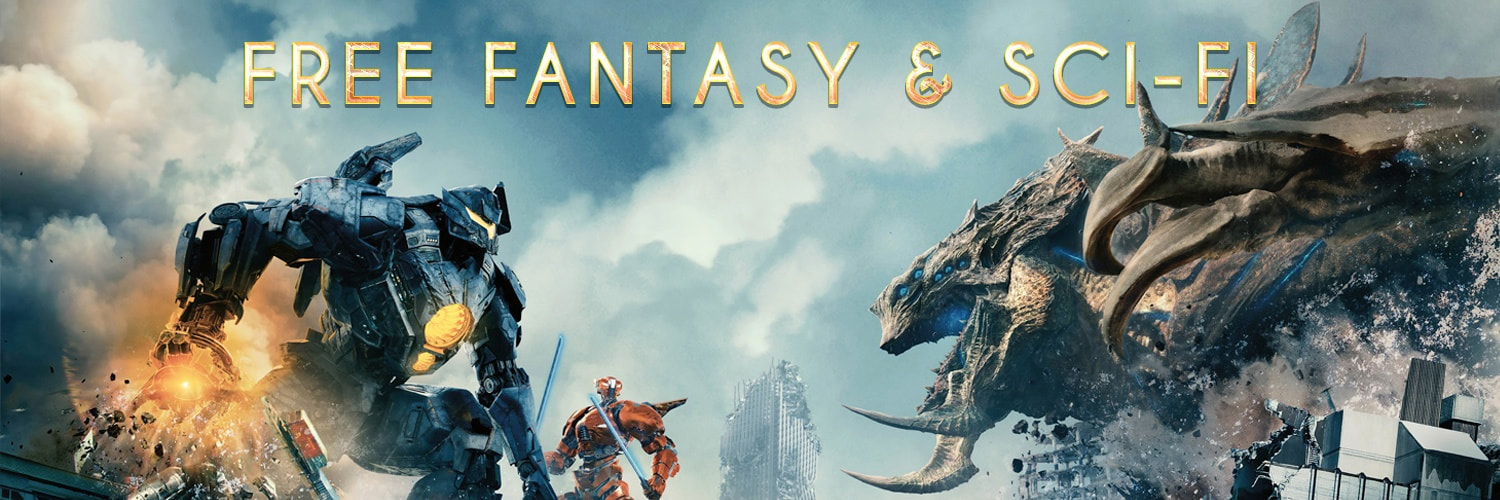
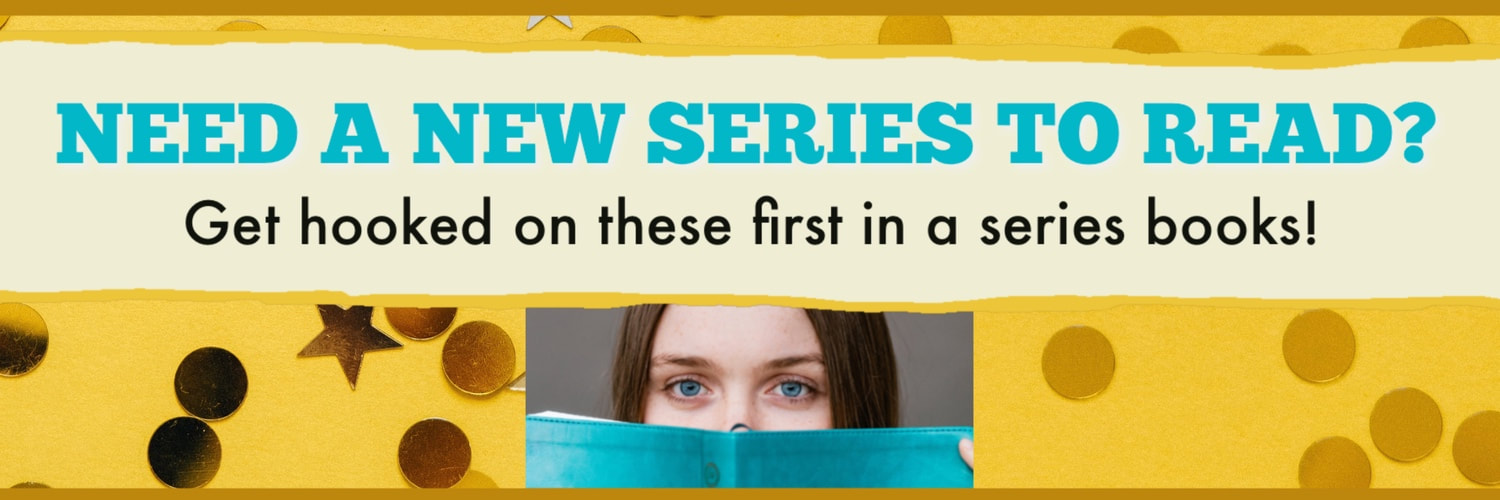

 RSS Feed
RSS Feed